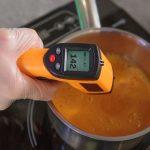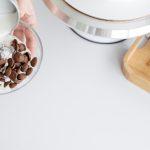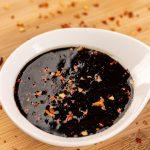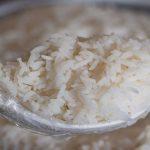That sad day I served cold short ribs at a party taught me the power of food temperature over success. Now, I’m sharing expert tips on how to keep food warm for a party🎉 – from years of experience as a chef and barista.
This guide covers foolproof classic techniques like oven wizardry alongside unconventional hacks like repurposing tube socks as heating pads.
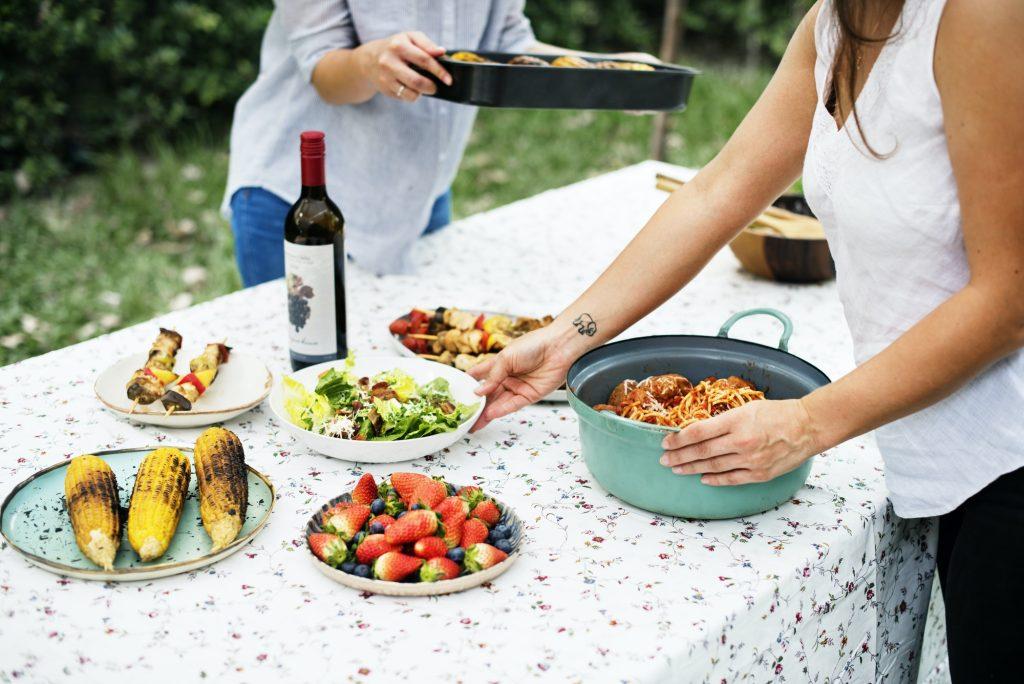
🔥The Importance of Keeping Food Warm
Serving warm food is key at any party or event. Warm food tastes better and is also safe to eat. Keeping food warm is important for any event. Here’s why.
Taste Explosion
Warm food tastes better. The flavors “pop” more when hot. At the cafe, soup and pasta were 100x tastier hot. Heat enabled us to create an explosion of textures and flavors.
Food Safety First
Bacteria multiply fastest between 40° and 140°F. This “Danger Zone” can make people sick. 🤢 Keeping food above 140° kills bacteria and viruses so guests stay healthy. In 2018, 25% of food poisoning cases were linked to improper heating.
Freshness Forever
Heat keeps food moist and fresh. Cold pizza ends up cardboard-y. The warmth maintains textures and stops delicate foods like lettuces from wilting. My regulars loved that cafe soups stayed hot for refills without losing consistency.
Guest Delight Guaranteed
Warm food makes people happy! At the cafe, I saw cold dishes send smiles south fast. But hot spinach dips, sizzling fajitas and steamy pasta bowls delighted guests. The key lesson? Heat = happy guests ready to party!🎉
🌡️Party Food Warm-Up: Classic and Beyond
we will unlock the secrets to flawless food temperature with 8 must-know warming methods, ranging from classic techniques every chef swears by, to unconventional, budget-friendly hacks.
First, we will explore 4 classic approaches with unique chef twists:
- Towering Towel Tents
- Next-Level Insulated Containers
- Slow Cooker Mastery
- Chafing Dish Wizardry
Then, we take creativity up a notch with 4 unexpected, innovative hacks:
- Coffee Maker Magic
- Fantastic Foil Boxes
- Amazing Hayboxes
- Spectacular Sock Warmers
💁🏻♂️Classic Methods with a Chef’s Twist
| Method | Cost | Capacity | Duration | Tips | Pros | Cons |
| Towel Wrapping | Cheap | Small batches | 1-2 hours | Heat towel first | Inexpensive, reusable, compact | Small capacity, can dry some foods |
| Insulated Containers | Varies | Depends on container size | 4+ hours if preheated | Many options like Cambro boxes | Maintain temp hours, reusable, size options | Can be bulky, needs preheating |
| Ovens | Medium | Large batches | As long as oven is on | Use lowest suitable temp | Large capacity, prevents drying, crisping | Uses electricity, access needed |
| Chafing Dishes | $50-$100 | Holds 1-3 hotel pans/large platters | 2+ hours | Replenish sterno fuel every 1-2 hrs | Keep food hot hours, inexpensive fuel, great for buffets | Need cleaning, heavy |
01 Towel-Wrapped Brilliance
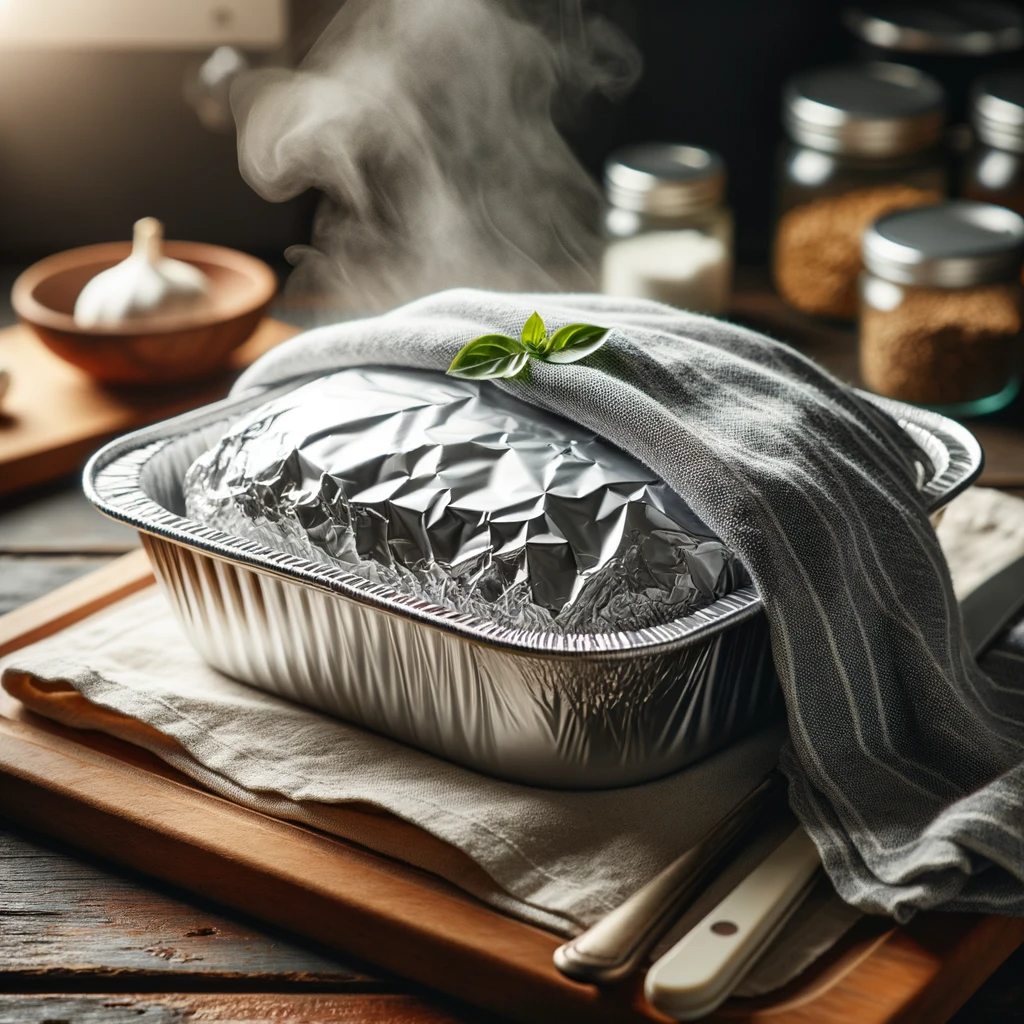
Dish towels retain heat wonderfully. At the cafe, we’d wrap food in a hot, clean towel to keep plates warm for service. It’s cheap and easy!
Preheat the towel for max warmth – I nuke mine for 60 seconds. Keep it wrapped snug around the dish, folding any excess underneath. This hack buys you 1-2 hours of piping hot food.
02 Insulated Adventures
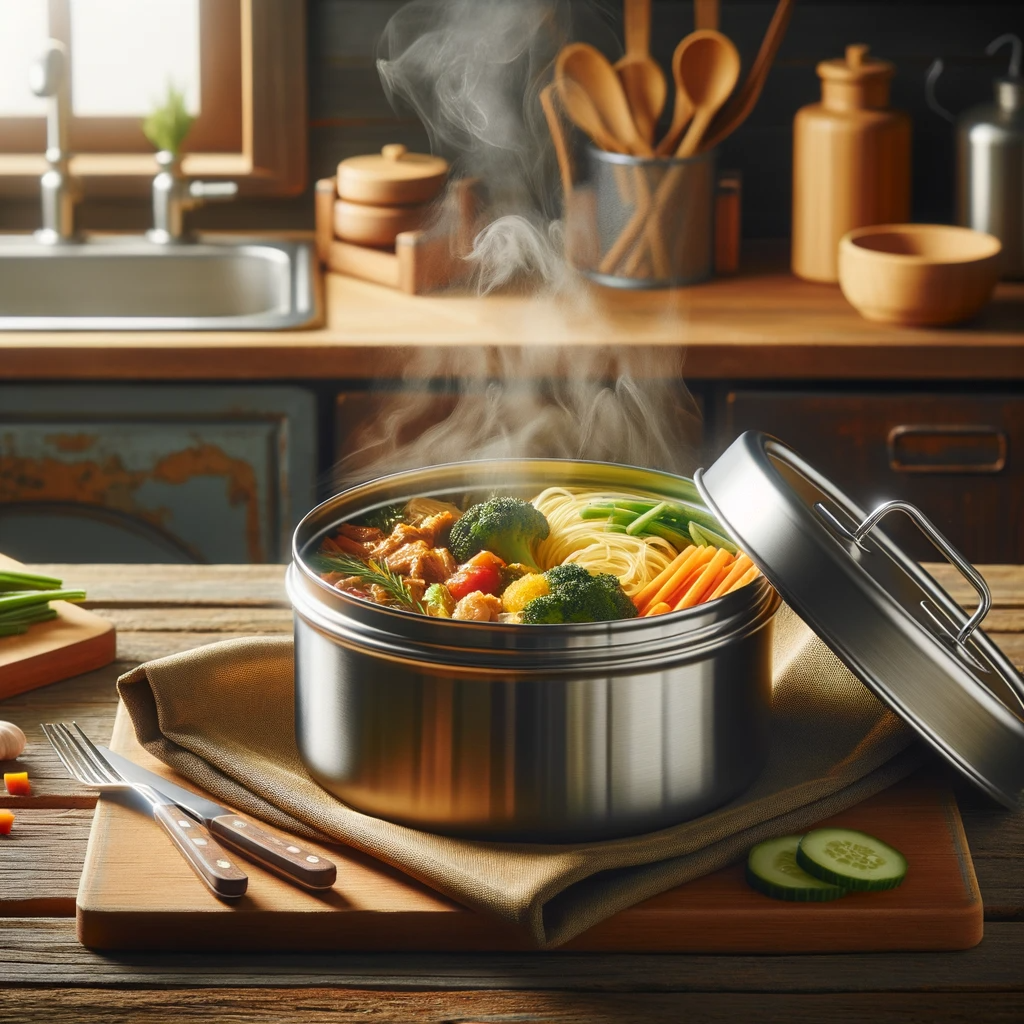
are a party staple for a reason – they work! We used Cambro containers daily at the cafe to hold soups, sauces and more.
If you preheat the box, it will stay hot for over 4 hours! I fill mine with hot tap water 10 minutes before use. Dump the water and load in hot food. For extra chill, pack ice cream bars around the dish as mini cold packs!
On-the-Go Options: Insulated Bags for Travel and Packed Lunch
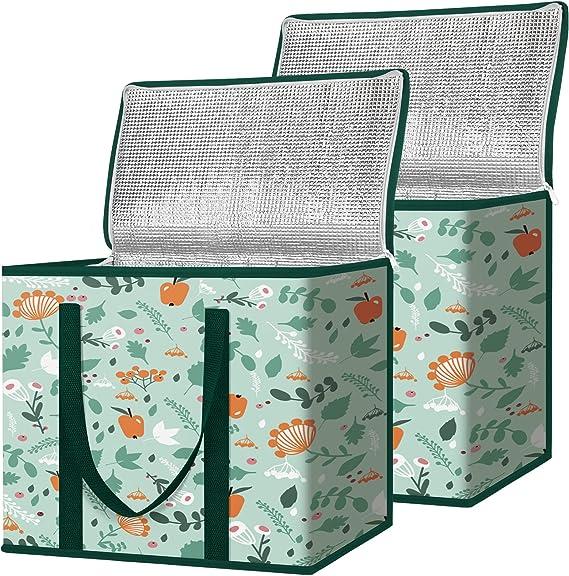
If you’re on the go, consider using an Insulated Bag. These bags offer effective Thermal insulation, reducing the heat transfer rate. They’re perfect for Traveling and keeping a Packed lunch warm in a Lunchbox or Bento.
03 Oven Magic (Low & Slow)
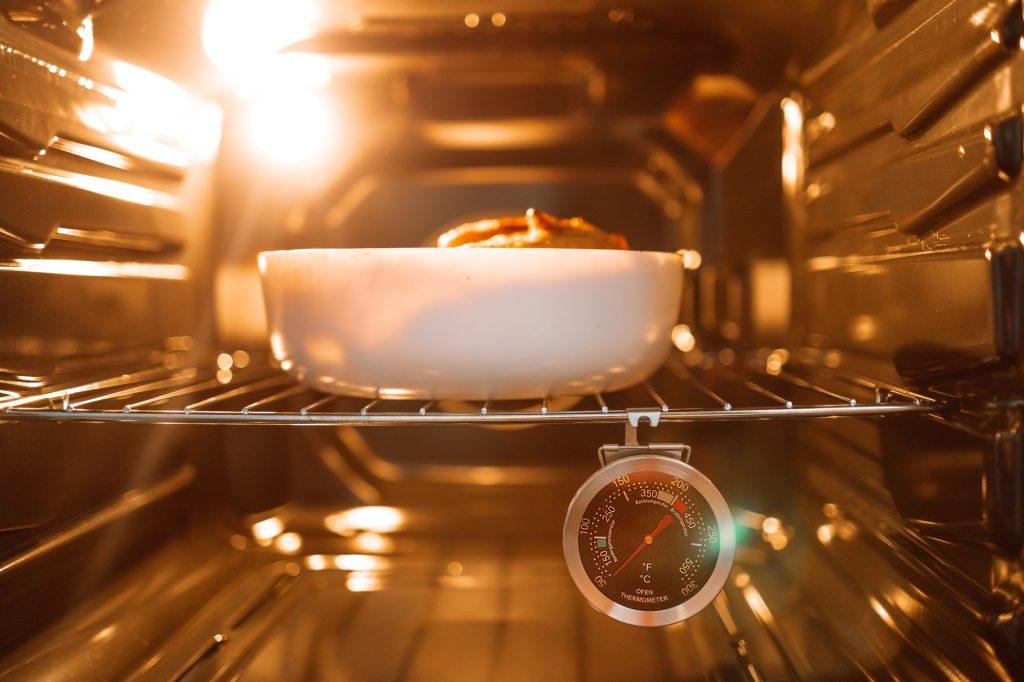
Ovens seem obvious but have hidden tricks. For big-batch warming, use the lowest temp that works – try 200°F. It keeps food perfect without drying or overcooking.
I leave my oven cracked open about an inch. This allows steam to escape so textures stay ideal. For crispy apps and sides, bake uncovered on low until the tops are crunchy. Guests devour these every time!
04 Chafing Dish Charisma
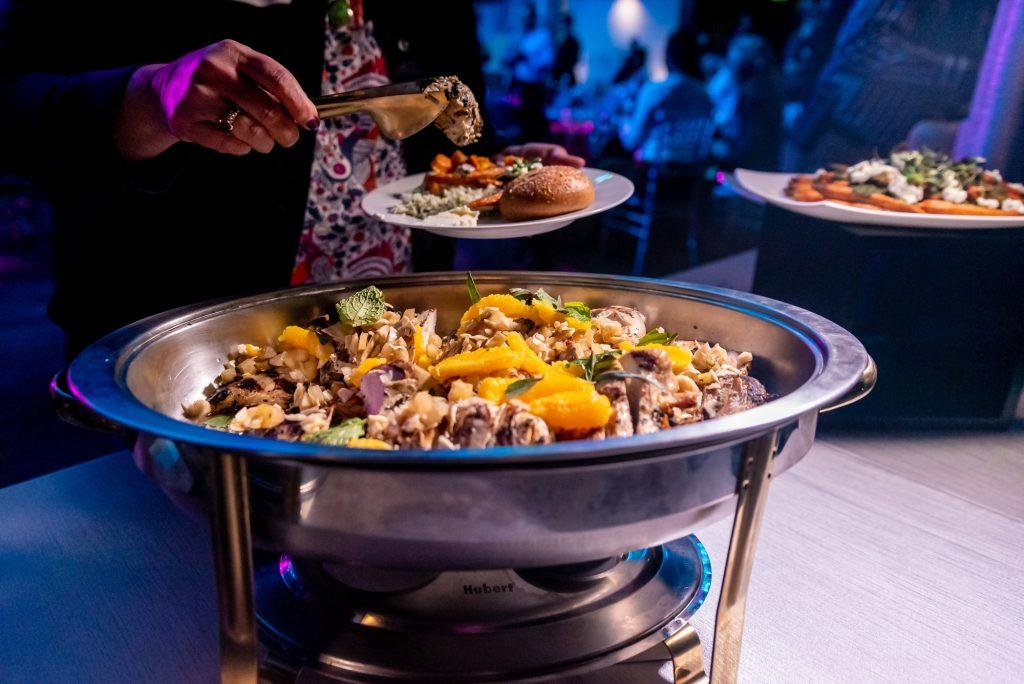
Chafing dishes served us well at the cafe for years. The lid traps heat and moisture around the food, keeping it irresistible for hours.
Use sternos rated for 2+ hours. Top off fuel every hour for parties over 2 hours. Check food texture and moisture level periodically. Add a splash of water or broth for braised meats if they dry out. Voila – happy guests!
💁🏻♂️You may also like: How to Keep Fish and Chips Warm in the Oven
🛠️ Unconventional Hacks for Food Fanatics
Step aside slow cookers and sternos – we’re getting creative! At the cafe I learned you don’t need fancy gear to keep food hot. Simple household items can save parties and impress your friends.
| Method | Cost | Capacity | Duration | Tips | Pros | Cons |
| Coffee Carafe | Low, already owned | Small | 1-2 hours | Don’t boil dry | Already own, self heating, compact | Small capacity, may crack |
| DIY Foil Bowls | Low if reuse | Medium | 30-60 minutes | n/a | Cheap, reusable, custom sizes | Floppy if large, needs hot food |
| Haybox | Medium, needs storage | Large | 4+ hours | n/a | All natural, holds heat very well | Bulky storage, fire risk |
| Thermal Sock | Low | Small | 30-60 minutes | Reheat as needed | Reusable, eco-friendly, moldable | Small capacity, needs reheating |
05 Coffee Carafe Surprise
Coffee makers keep java piping hot for hours. Use that power to keep dips and sauces irresistible!
Fill the carafe with hot dip or gravy. Put the lid on and plug it in. The heating plate circulates warmth for 1-2 hours easy! Just don’t let it boil dry. Add water or stock if needed.
06 DIY Foil Insulation
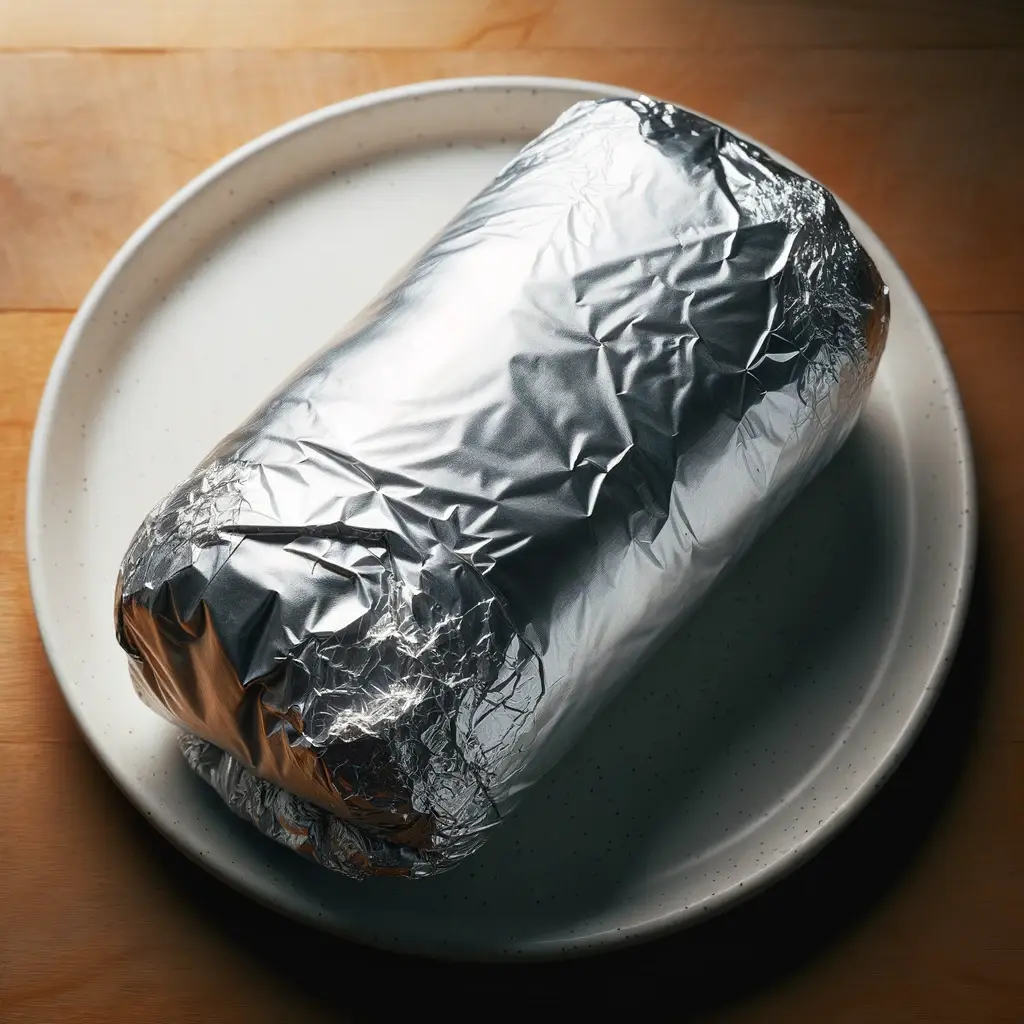
Foil sheets make instant insulated hot boxes. Line serving bowls with 2 layers of heavy duty foil, pressing it up the sides.
Pour your hot casseroles, sides or breads into the foil. Wrap the top tight and plates stay hot for 30-60 minutes! For sturdier insulation, use foil sheets layered between serving platters.
07 Haybox Harmony
Before slow cookers, people used hayboxes. Fill a box with hay, wrap your hot pot in more hay or towels, close it up and voila – a warmer!
I use an insulated cooler or lidded bucket instead of hay. Wrap your cooked dish in towels, put the lid on and leave it alone for hours. It’s ideal for stews, roasts and rice on outdoor trips. No electricity needed!
08 Thermal Sock Savvy
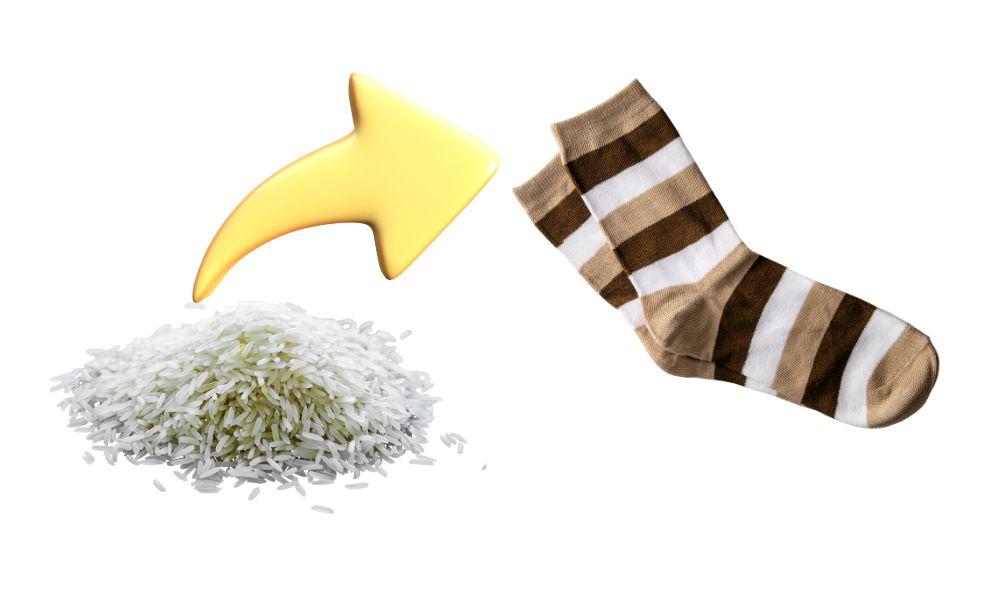
At the cafe, keeping finger foods hot on platters was tricky. Then I discovered the wonders of thermal socks stuffed with rice!
Fill clean cotton tube socks 3/4 full with uncooked rice. Tie them shut. Microwave for 1-2 minutes until piping hot. Arrange them around the edges and bottom of your platter.
The rice holds its warmth and radiates heat into the platter for 30-60 minutes. I use this hack every time I cater parties now! Guests love the hot spinach-artichoke dip and other appetizers.
Seasonal Solutions for All-Weather Celebrations
Party warming needs change with the weather. I’ve hosted events rain-or-shine, in summer heatwaves and winter storms. Here are my best tips for battling the elements while keeping food irresistible.
Winter Warmth Warriors
Frigid weather works fast to cool food off. Turn up the oven and break out backup insulation!
For kids’ winter parties, use insulated lunch bags to keep pizza, nuggets and more piping hot. Arrange bags open on tables and stuff with hot servings.
👉More tricks on how to keep pizza warm for a party, read this article.
Tailgating? Point car heaters (gently!) at covered dishes for backup warmth. Position them to avoid direct blasts and prevent drying. Rotate platters closer to the heat as needed.
Humidity Hustle
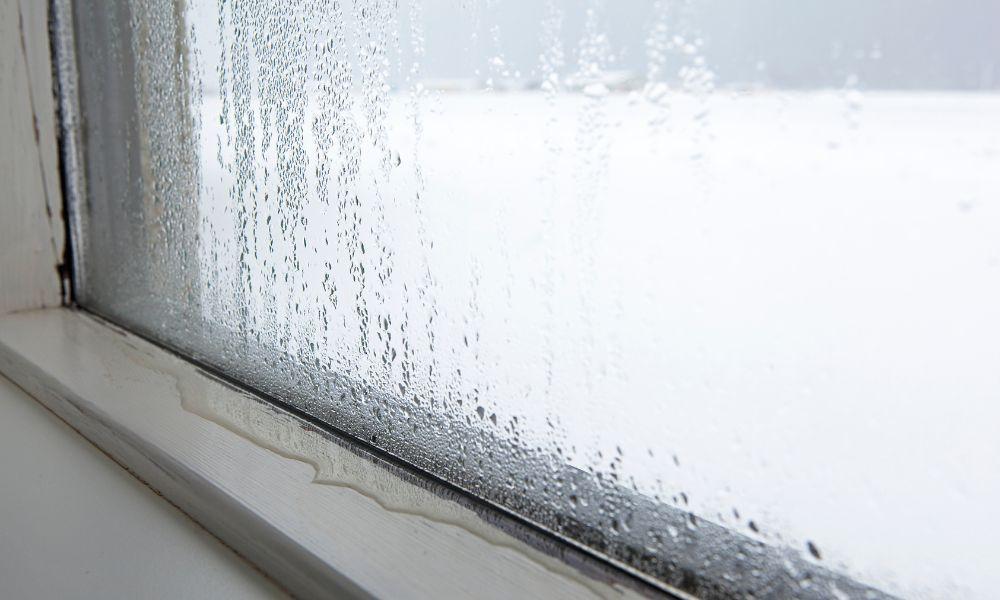
Humidity hides the heat – according to FDA Food Code, hot foods can cool up to 25% faster in humid conditions as moisture evaporates. Luckily, we can outsmart muggy air with smart planning and equipment.
First, adjust your cooking approach. In humid weather, reduce oven temperatures by 25°F to prevent overcooking. Grill 15-20 minutes less to allow carryover cooking later after guests serve themselves.
Outside, create wind barriers around food using tarps, tents or beach umbrellas secured in heavy bases. These portable shelters block moisture-laden breezes from accelerating cooling.
Within the shelters, arrange dishes over preheated stones. Line baking sheets with 1-2” river rocks. Heat at 400°F for 30 minutes then transfer under chafing dishes or platters. The rocks radiate dry warmth for 30+ minutes.
Or go high-tech with portable food warmer shelves. These stainless steel uprights support shelving racks to hold multiple dishes above sternos or burners. Enclose with disposable foil oven tents to lock in heat.
With the right preparation and gear, you can overcome the humid hot air trying to sabotage your perfect party spreads! 🥳👏
Table: Seasonal Party Heating Hacks
| Season | Challenges | Tips |
| Winter | Frigid temps | Insulated bags, car heaters |
| Summer | Fast cooling from humidity | Wind barriers, adjusted cook times, preheated rocks |
| Rain | Extra moisture | Portable shelters, foil oven tents, warmer shelves |
👷♀️Equipment Maintenance and Safety
When using warming gear, safety comes first. Follow these tips from my cafe days for safe and effective heating.
Chafing Dish Cleanliness
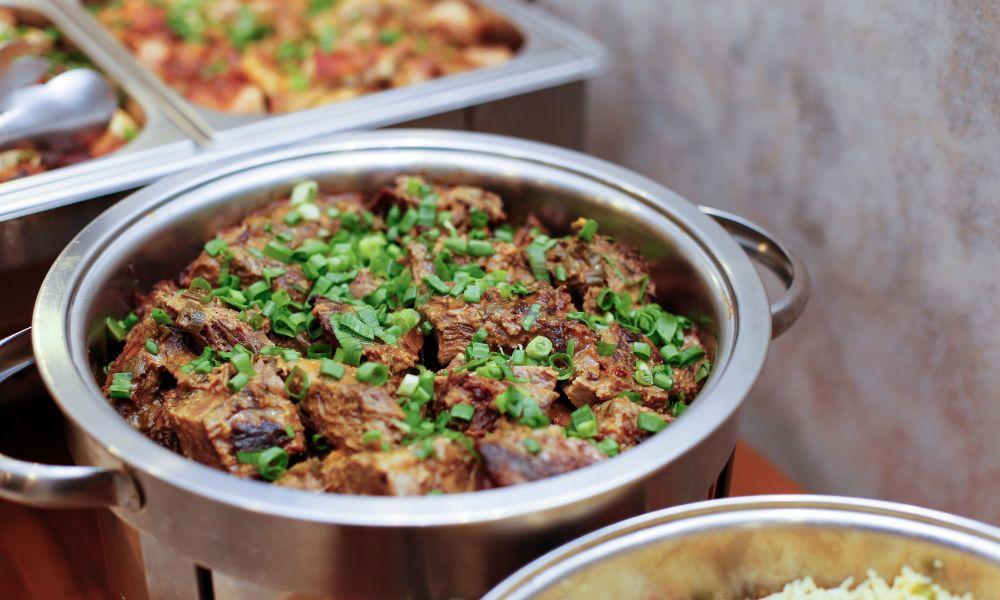
Chafing dishes collect grease, sauce splatter and more. Allow them to cool completely after use before cleaning.
Wash in hot, soapy water with a soft brush. Rinse and dry thoroughly – moisture causes rust over time.
Check fuel levels before storing to prevent leaks. Store upside down with the lid off for air circulation and moisture prevention.
Slow Cooker Safety Features
Modern slow cookers have handy safety additions like:
- Auto shut-off – Turns off automatically after 12 hours in case you forget.
- Temperature sensors – Maintain heating between 190- 280°F without scorching.
- Cool touch handles and knobs – Lets you grab and go worry free.
When using, keep them away from children, flammable items like curtains, and surfaces prone to water damage.
Food Safety and Temperature Guidelines
Preventing foodborne illness relies on proper heating and monitoring. Follow these pro tips:
Again! ⛔️The “Danger Zone” for bacterial growth lies between 40-140°F – keep hot food above 140°! Use a food thermometer to test temperatures.
Insert the thermometer into thickest dish parts avoiding bone, fat or gristle which read higher temps.
Reheat leftover party food to 165°F. Hold hot items at 140°F or higher.
USDA Food Safety and Inspection Service – Provides official guidelines and resources for safe food handling, including temperature recommendations for keeping food hot.
Table: Minimum Internal Temperatures
| Food | Minimum Safe Temperature |
| Soups, Sauces | 165°F |
| Roasts | 145°F |
| Poultry | 165°F |
| Ground Meat | 160°F |
Conclusion
Keeping food hot might seem complicated but just remember the basics – retain moisture, maintain air flow, and insulate dishes from cold.
Experiment with unconventional hacks like granite stone solar warmth and repurposed coffee carafes. Avoid the “Danger Zone” of 40-140°F. Use a thermometer and trust your senses too – hot food smells amazing!
I still think back to that fateful cold spinach dip at the Boat Basin Cafe. But now I’m prepared to save parties everywhere from lackluster flavor fails! Give these tips a try and let me know how your next event goes. Just be careful not to burn any fingers on those piping hot dishes along the way. 😋
FAQS
How do you keep food warm for a large party?
For big groups, use chafing dishes with sternos, slow cookers, and warming trays. Keep your oven on the lowest temperature (170°F) with the door propped open to hold additional batches. Use insulated thermal boxes for easy transport to buffet stations. Maintain temperature by stirring hot dishes frequently.
How can I keep food warm while waiting for guests?
Preheat your serving dishes in a 200°F oven for 20 minutes before filling them with hot food. Use towel tents or breathable foil over top to retain moisture. Place dishes over trays lined with rice-filled socks heated in the microwave. Set dips in preheated coffee carafes to take advantage of the hot plate.
How do you keep food warm for an hour?
Insulated aluminum pan carriers with lids will keep casseroles and roasted meats hot for over an hour. For small batches, wrap plates thoroughly with towels preheated in the dryer or microwave. Stuff towels between dishes on a sheet tray, cover tightly in foil, and keep sheet pans in your warming oven.
How do you keep food warm for a party without an oven?
Try a haybox! Line a cooler with blankets and lid tightly. The insulation traps steam and retains heat amazingly. Use slow cookers on the buffet for stews and dips. For crispy foods, wrap platters in foil then dishtowels and place in an insulated carrier. Position near a heat source like a fireplace or radiator to maintain warmth.
